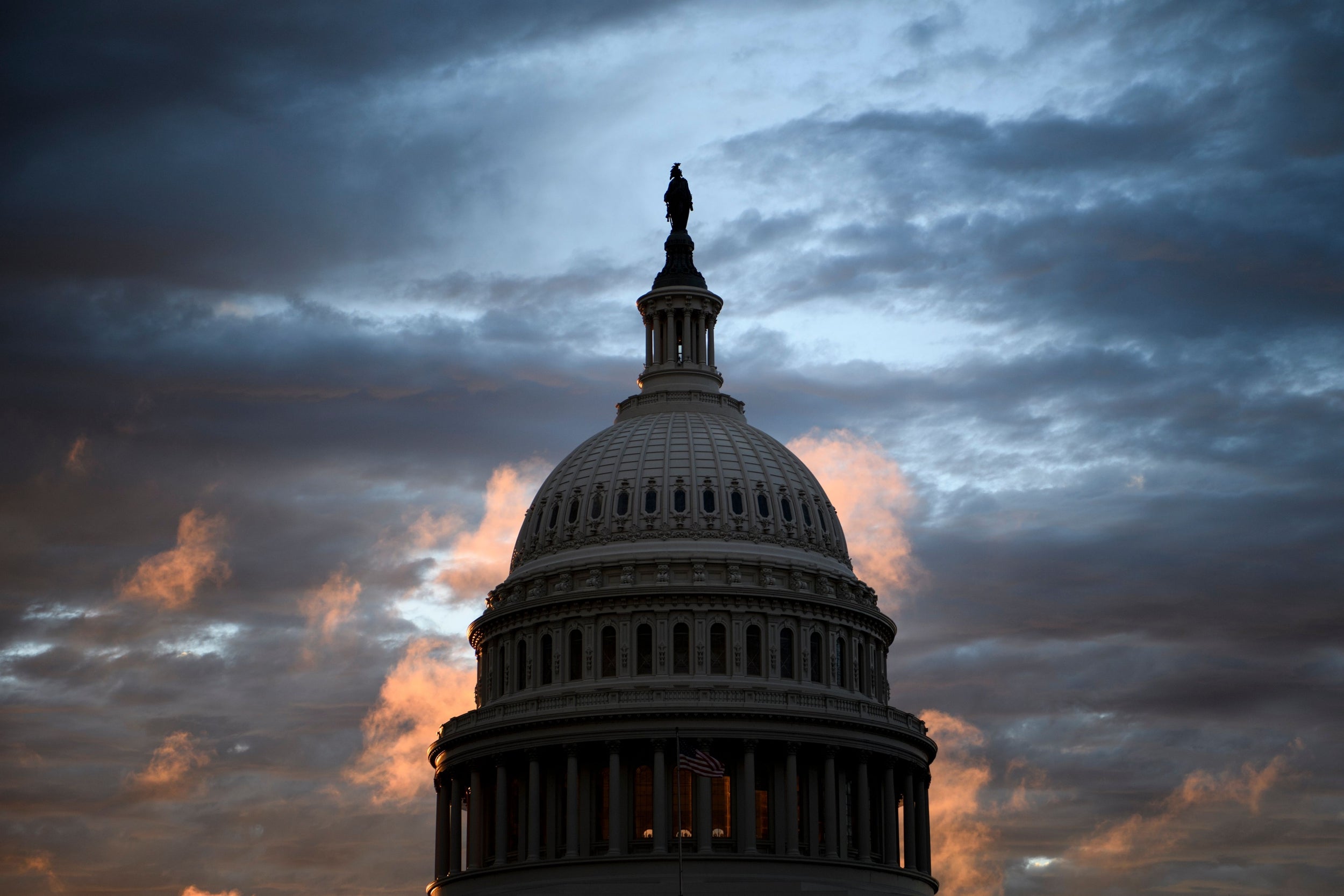The midterm results could open the door to an era of cooperation
Analysis: Republicans and Democrats may create congressional deadlock but, as Chris Stevenson explains, neither party will want to see an increase in presidential executive orders


After tens of millions of votes had been totted up in one of the most keenly anticipated midterm elections in recent memory, America has ended up with gridlock.
Hoping to ride a “blue wave” of candidates to electoral success, the Democrats achieved the objective of taking control of the House of Representatives from the Republicans. While that is an obvious setback for the Republican Party – and therefore to Donald Trump in the White House – it is nowhere near a mortal blow.
That is largely because the the president’s party managed to tighten its grip on the Senate, leaving a split Congress. Naturally, the Republicans will lament not being able to push through its legislative agenda so easily now that it has lost control of one chamber, but the party leadership will take heart from the fact that its majority in the Senate is no longer a razor-thin one.
Trump will say he saw it coming, having concentrated his last burst of rally appearances before election day mostly on states involving key Senate races. As the results were becoming clear he tweeted about the night being a “tremendous success”.
Given how much the president has denigrated senior Democrats in the House – notable examples include Nancy Pelosi and Maxine Waters – Trump may even relish having such foils to play against his supporter base. On the other hand, the Democrats will use their new power in the House to put the president under further scrutiny.
Both sides may prefer to wait it out until the next presidential election in 2020, nullifying one other for the next two years. But the American public will hardly look kindly upon such a lack of legislative action
Ultimately, deadlock is unlikely to bother the stock markets and may also offer an opportunity to both parties. Indeed, putting the president to one side for a moment, the Democrats and the Republicans should be thinking about cooperation and how willing they would be to engage with one another.
After all, neither party will now be able to push legislation without at least some concessions to the other side. It’s true that both sides may simply prefer to wait it out until the next presidential election in 2020, nullifying one other for the next two years. But the American public will hardly look kindly upon such a lack of legislative action – and neither party will want to see a significant increase in executive orders from the president, given the optics of Trump bypassing Congress.
Speaking on Fox News on election night, former Democratic National Committee chair Ed Rendell said that there must be room for bipartisanship – citing a potential infrastructure bill and an immigration reform bill as possible areas where common ground could be found.
We will find out soon which path the two parties choose to take – cooperation or antagonism. But either way, there is a new political reality in Washington that both the Democrats and Republicans will have to pick their way through with considerable care.
Join our commenting forum
Join thought-provoking conversations, follow other Independent readers and see their replies
Comments